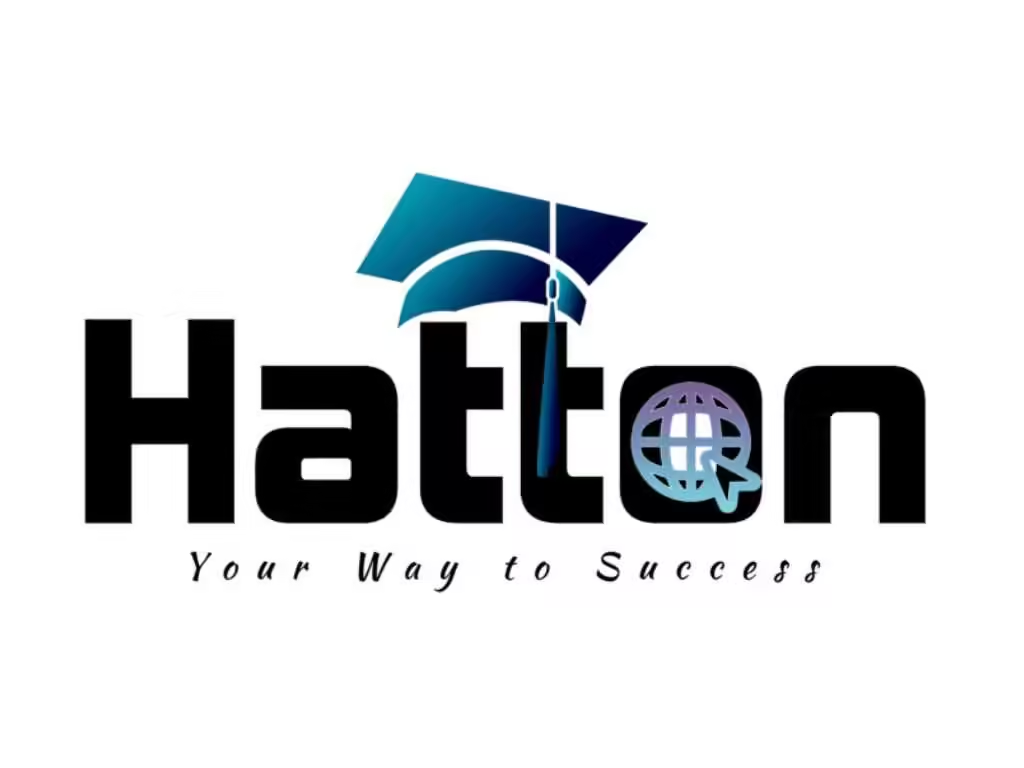How can I assess student progress effectively during a language lesson?
Here are some effective ways to assess student progress during a language lesson:
Formative Assessment Strategies
Incorporating formative assessment throughout the lesson allows you to gauge student understanding in real-time and make adjustments as needed. Some effective formative assessment techniques include:
Exit slips: At the end of the lesson, have students write down one key concept they learned and one area they’re still unsure about. This provides quick insight into their comprehension[2].
Misconception checks: Ask targeted questions to reveal and address any misconceptions students may have about the language concepts being taught[2].
Observation: Pay close attention to student contributions during discussions and activities. Take notes on participation levels, quality of responses, and apparent comprehension[2].
Quick quizzes: Use brief, low-stakes quizzes to check understanding of specific language points covered in the lesson[1].
Authentic Assessment Practices
Incorporating authentic assessment allows you to evaluate students’ ability to apply language skills in real-world contexts:
Role-plays: Have students act out scenarios that require using the target language structures or vocabulary[1].
Presentations: Assign short oral presentations on lesson topics to assess speaking skills[1].
Writing tasks: Give students writing prompts related to the lesson content to evaluate their written production[1].
Technology-Enhanced Assessment
Leveraging technology can streamline the assessment process:
Student response systems: Use tools like Socrative or Kahoot! for quick multiple-choice comprehension checks[2].
Online quizzes: Create digital quizzes that provide instant feedback to both you and the students[2].
Language learning apps: Incorporate app-based activities that track student progress on specific skills[2].
Peer and Self-Assessment
Encouraging students to evaluate their own progress and that of their peers can be valuable:
Peer feedback: Have students work in pairs to practice and provide feedback on speaking or writing tasks[1].
Self-reflection: Ask students to rate their confidence level with the lesson’s objectives or complete a self-assessment rubric[1].
By combining these various assessment methods, you can gain a comprehensive understanding of student progress throughout the language lesson. Remember to align your assessment strategies with your lesson objectives and provide timely feedback to support student learning[3].
Citations:
[1] Effective Assessment Methods for Language Learners in Education https://educationuplifted.com/assessment-methods-for-language-learners/
[2] Top 7 Assessment Tools for Measuring Student Progress Effectively https://lessonbud.com/blog/top-7-assessment-tools-for-measuring-student-progress-effectively/
[3] Effective Lesson Planning for English Language Teachers: A Step-by-Step Guide https://simpletefl.com/blog/lesson-planning-guide
[4] [PDF] Assessment Tools & Strategies Language Proficiency Assessment https://www.learnalberta.ca/content/eslapb/documents/language_proficiency_assessment.pdf
[5] Assessing Language Proficiency: The Importance of Testing and … https://www.linkedin.com/pulse/assessing-language-proficiency-importance-testing-certification-fshvc
[6] Navigating the world of language assessment – Focus Audit tool https://focusaudits.eu/navigating-the-world-of-language-assessment-tools-and-techniques-for-measuring-proficiency/
[7] Forms of Language Assessment – Language Testing International https://www.languagetesting.com/language-testing-and-assessment
[8] Assessments for Multilingual Learners – DoDEA https://www.dodea.edu/education/assessment/resources/assessments-multilingual-learners

